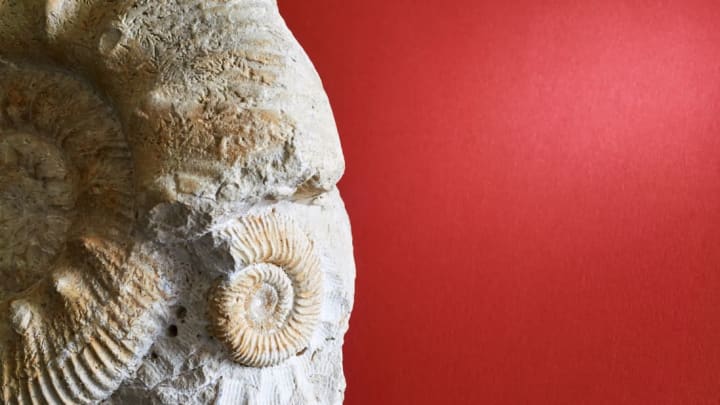The scientific process of carbon dating has been used to determine the age of Ötzi the Iceman, seeds found in King Tutankhamun’s tomb, and many other archaeological finds under 60,000 years old. However, as SciShow points out in a recent episode, the excessive use of fossil fuels is making that method less reliable.
Carbon dating, also called radiocarbon or C-14 dating, involves analyzing the ratio of two isotopes of carbon: C-14 (a radioactive form of carbon that decays over time) and C-12 (a more stable form). By analyzing that ratio in a given object compared to a living organism, archaeologists, paleontologists, and other scientists can get a pretty clear idea of how old that first object is. However, as more and more fossil fuels are burned, more carbon dioxide is released into the environment. In turn, this releases more of another isotope, called C-12, which changes the ratio of carbon isotopes in the atmosphere and skews the carbon dating analysis. This phenomenon is called the Suess effect, and it’s been well-documented since the ‘70s. SciShow notes that the atmospheric carbon ratio has changed in the past, but it wasn’t anything drastic.
A recent study published in Nature Communications demonstrates the concept. Writing in The Conversation, the study authors suggest that volcanoes “can lie about their age." Ancient volcanic eruptions can be dated by comparing the “wiggly trace” of C-14 found in trees killed in the eruption to the reference "wiggle" of C-14 in the atmosphere. (This process is actually called wiggle-match dating.) But this method “is not valid if carbon dioxide gas from the volcano is affecting a tree’s version of the wiggle,” researchers write.
According to another paper cited by SciShow, we're adding so much C-12 to the atmosphere at the current rate of fossil fuel usage that by 2050 brand-new materials will seem like they're 1000 years old. Some scientists have suggested that levels of C-13 (a more stable isotope) be taken into account while doing carbon dating, but that’s only a stopgap measure. The real challenge will be to reduce our dependence on fossil fuels.
For more on how radiocarbon dating is becoming less predictable, check out SciShow’s video below.
